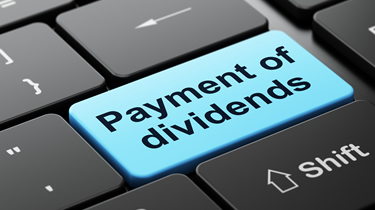
It is common for directors of limited companies, who are also shareholders, to receive much of their income in the form of dividends instead of through a salary, owing to the tax benefits this can entail.
However, there are strict rules governing the circumstances in which a company may pay a dividend to its shareholders, some of which could affect directors’ income.
Companies must have sufficient profits to pay the dividend at the time it is paid, so directors must be confident that the firm is currently in profit and that these profits are equal to or greater than the amount of the payment.
Directors should also ensure that provisions for future tax liabilities have been considered.
Another issue that could arise in relation to dividends during the Coronavirus outbreak is that of whether a previously agreed dividend payment can be cancelled owing to any change in a company’s financial position.
Whether a board can do this with ease will depend on the type of dividend agreed upon. An interim dividend is decided on and announced by directors, which only becomes a binding obligation to shareholders of a company once it is paid.
A final dividend is one which is recommended by directors to shareholders that is approved by shareholders via an ordinary resolution and which is binding at the point of approval.
This latter classification of dividend may be more difficult to cancel and could be more likely to lead to action through the courts or other legal disputes, which is something businesses should be aware of.
Contact us for advice on dividend payments during the Coronavirus outbreak, please contact us today.

